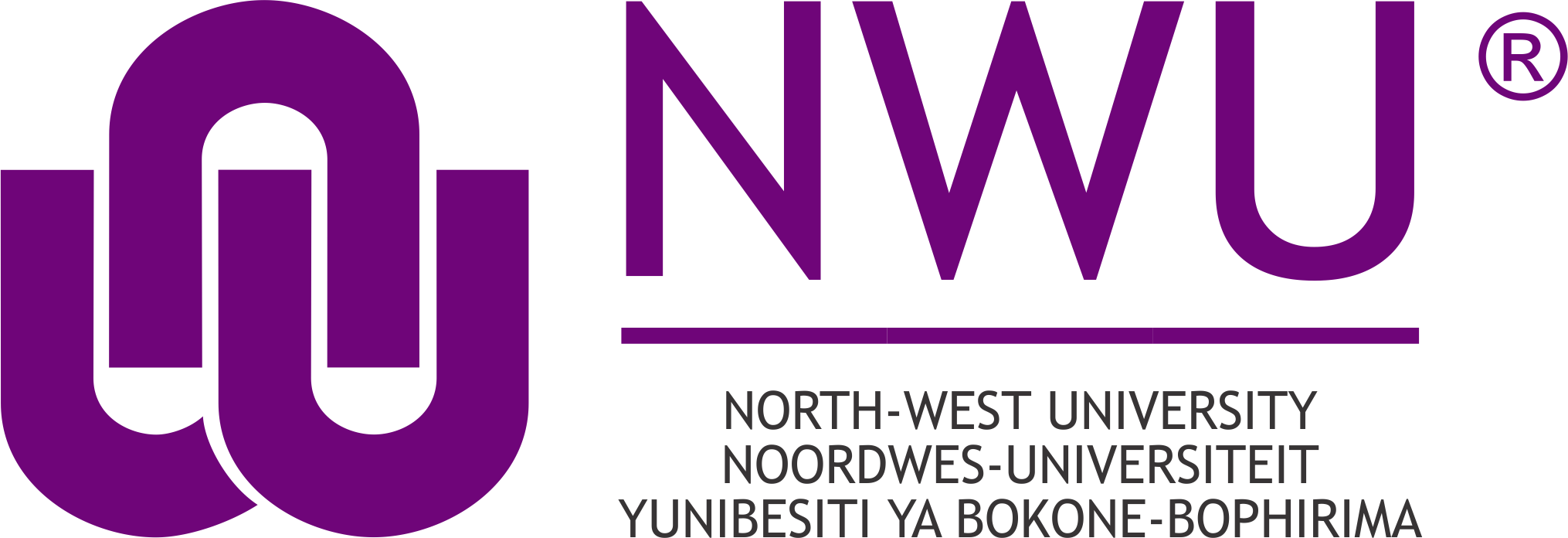NWU first-year students attend colourful Language Awareness workshops
Language, just like art, can be colourful, inspiring and dynamic. First-year students of the North-West University (NWU) became "language artists" when they used colour to illustrate how they experience the many facets of all the languages in their lives.
They were asked to think about all the languages they know, and then to select a colour and a place on a human silhouette to represent these languages. They used coloured crayons to portray the emotions and functions that the languages fulfil in their daily interaction with others.
This exercise was part of the Language Awareness workshops offered on the NWU's campuses in Potchefstroom and Vanderbijlpark as part of the registration and orientation programme.
Workshops are also planned for students at the campus in Mahikeng, as well as for the broader student leadership, including house committee members. The next big workshop takes place in Mahikeng early in March.
"The idea that being multilingual is the norm in the world today and that South Africans are in a privileged position because of our longstanding multilingualism is new to students," says Prof Susan Coetzee-Van Rooy.
"After the workshops, they seem to better understand the NWU's intention to deliver multilingual graduates to South Africa and the world through its Language Policy."
Prof Coetzee-Van Rooy is a multilingualism researcher in the research entity UPSET (Understanding and Processing Language in Complex Settings) in the Faculty of Humanities, and co-ordinated the planning for the workshops.
Raising awareness of multilingual repertoires
Prof Coetzee-Van Rooy says the workshops so far have helped to raise first-year students' awareness of their own multilingual repertoires and how useful these repertoires are in the context of education and their social life. They have also found out more about the 2020 implementation plans for multilingualism in their specific faculties.
"The first years either enter the NWU from schools that used English and/or Afrikaans as languages of teaching and learning or schools where African languages might not have been used in formal spaces."
Revision results in dynamic policies
"Like all policies, the language policy is revised from time to time as determined by the NWU's schedule for policy revision. This ensures that policies do not remain static and become outdated," Prof Coetzee-Van Rooy explains.
The NWU's Language Policy and Plan were revised in an extended process starting from 2016 and ending with approval by the NWU Council in November 2018. This year, 2020, the NWU is implementing the next phase of the approved multilingual policy.
The Language Awareness workshop was designed using feedback from members of the incoming Student Campus Councils (SCCs) and Student Representative Council (SRC), who attended a pilot workshop in November 2019.
This workshop was presented by Prof Coetzee-Van Rooy and Prof Pamela Maseko, dean of the Faculty of Humanities, after Prof Robert Balfour, deputy vice-chancellor for teaching and learning, identified the need to inform the SCCs and SRC about the university's language policy.
A total of 50 facilitators comprising staff and students have been trained to present the workshops. The facilitators are senior students who study languages at the NWU, language practitioners from the Language Directorate and lecturers from the Faculties of Education and Humanities.
The aim is to extend the Language Awareness workshops to academic staff, as well as to second and third-year students, so that they can also be better informed about the Language Policy of the NWU.
